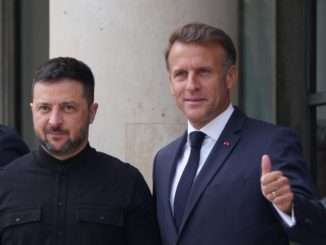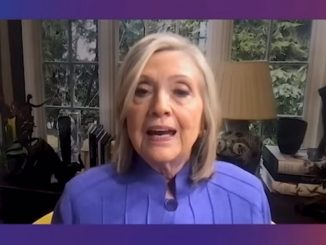
| Published June 3, 2025
The Dutch government has collapsed following the withdrawal of far-right leader Geert Wilders and his Party for Freedom (PVV) from the ruling coalition, citing irreconcilable differences over asylum and immigration policies. This development is poised to trigger new elections and has significant implications for both domestic governance and international relations.
The Netherlands’ coalition government, led by Prime Minister Dick Schoof, faced a significant upheaval as Geert Wilders, leader of the far-right Party for Freedom (PVV), announced his party’s departure from the coalition. The decision stemmed from disagreements over stringent asylum and immigration policies proposed by Wilders, which included closing borders to asylum seekers and increasing deportations and border controls.
The coalition, formed in July 2024, comprised the PVV, the conservative People’s Party for Freedom and Democracy (VVD), the centrist New Social Contract (NSC), and the populist Farmer-Citizen Movement (BBB). From its inception, the alliance was marked by ideological differences, particularly concerning immigration policy.
Wilders expressed frustration over the coalition’s reluctance to implement what he described as the “strictest-ever immigration policy.” His withdrawal has not only destabilized the Dutch political landscape but also raised concerns about the country’s readiness to host an upcoming NATO summit, especially regarding decisions on defense spending to meet NATO targets.
The collapse of the government is expected to lead to snap elections, adding to the political uncertainty in the Netherlands. Opposition parties, including the Labor/Green bloc, have called for new elections to restore stability.
This political turmoil in the Netherlands reflects a broader trend of rising far-right influence in Europe, with similar developments observed in countries like Poland and the Czech Republic. The situation underscores the challenges of coalition governance in the face of deep-seated ideological divisions, particularly on contentious issues like immigration.
Here are the key implications of the collapse of the Dutch coalition government following Geert Wilders’ withdrawal over immigration policy disputes:
🇳🇱 1. Renewed Political Instability in the Netherlands
Snap Elections Likely: The coalition’s collapse means the Netherlands may face new elections, prolonging a period of political uncertainty and weakening effective governance.
Policy Paralysis: Major legislative agendas, especially on defense, EU relations, and migration reform, will likely be stalled until a new coalition forms.
—
🌍 2. Ripple Effects Across Europe
Boost for Far-Right Movements: Wilders’ move—and his growing influence—could embolden similar populist and anti-immigration parties across Europe, especially ahead of EU-level elections.
EU Migration Reform in Jeopardy: The Netherlands’ internal discord may weaken support for EU-wide migration agreements, making it harder for Brussels to push unified asylum policies.
—
🛡️ 3. Potential NATO Disruption
Defense Budget Commitments at Risk: The Dutch government was preparing to meet NATO defense spending targets, but this political crisis might delay or derail those plans.
Diplomatic Embarrassment Ahead of Summit: The Netherlands is scheduled to host a key NATO summit, and the collapse of its government could raise concerns among allies about reliability and readiness.
—
🗳️ 4. Changing Voter Dynamics
Center Parties Under Pressure: The inability of moderate parties to reconcile differences may lead voters to further polarize, either toward the far right or to progressive opposition groups like the Green-Labor alliance.
Debate over Immigration Intensifies: The next election cycle is likely to be dominated by immigration, making it the central issue in Dutch politics for the foreseeable future.
🧭 Overall Takeaway:
The collapse of the Dutch government underscores the growing difficulty of maintaining centrist coalitions in the face of hardline populist demands, especially over immigration. Geert Wilders’ exit from the coalition reflects a deeper ideological fracture in Dutch—and broader European—politics, where far-right influence is surging, and traditional compromises are breaking down.
This isn’t just about one coalition falling apart. It’s about a broader European pattern: migration is increasingly the political fault line, and parties unwilling to take a clear stance—either for strict limits or open policies—are losing ground. The Netherlands now enters a period of instability with global ramifications, including delays in NATO defense coordination and weakened EU migration unity.
SOURCES: REUTERS – Dutch government on brink of collapse after Wilders’ far-right party quits
DW – Dutch coalition collapses after Wilders withdrawal
MINT – Dutch government falls as Geert Wilders’ far-right PVV quits coalition
EURACTIV – Dutch government coalition collapses over migration clash





Be the first to comment